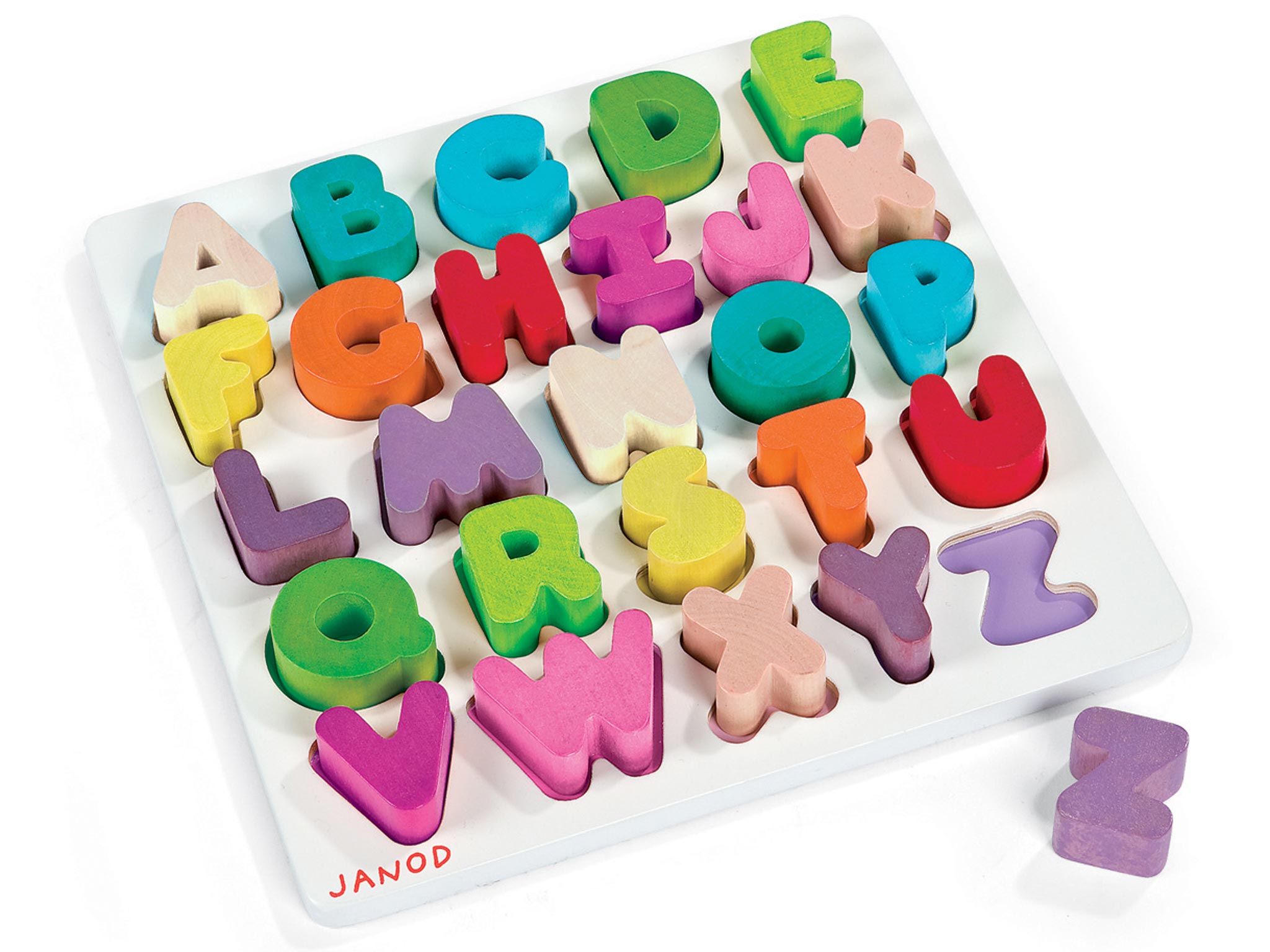In Sickness and in Health: R is for rehab, P is for parking and OT is for occupational therapist
Here's my post-accident alphabet

Last year, Rebecca’s husband Nick was hit by a car and seriously injured. Here, in one of a series of columns, she writes about the aftermath of his accident
In my post-accident alphabet, O is for occupational therapy, or OT. You can have an OT (occupational therapist) or you can do OT (occupational therapy). According to the simplest description that the NHS website offers, it “provides support to people whose health prevents them from doing the activities that matter to them”.
In Nick’s case, it’s not a short list. When he was totally bed bound and uncommunicative, Nick’s OT helped his PT (physiotherapist) make splints for his crooked hands and feet, liaised with his SLT (speech and language therapist, a role that covered, to my confusion, drinking and eating) and tried to make his life more comfortable.
I used to sit in the neuro ward’s gym and look longingly at the shelves filled with OT equipment. Coloured blocks and balls for squeezing and sorting, plastic containers to organise things in, and a wooden board that looked like a dour version of the activity centres that toddlers have. This had a painted shoe with real shoe laces for shaky hand to practise on, a door handle to nowhere, a plug and a key. Nick never graduated to the board during his time on the ward, and with one hand still not working, I don’t think he’d do too well now, either. But the OT continues and long may it, and she, support him.
P is for parking, a subject on which any hospital visitor can wax lyrical. Overpriced and overcrowded, with machines that neither accept £20 notes or give change, and more concrete pillars than seems physically possible, hospital car parks are places that compound misery. However, for me, someone who had shirked driving, and by extension, parking, for years, they were a proving ground. I came, I scraped my paintwork, I conquered. The most ill-conceived multi-storey holds no fears for me, now.
R is for rehab. Which sounds much more exciting than it is. Rehab screams of scandal-struck celebrities shipped off to a clinic for the sake of their record deals rather than the incremental gains made by an individual who has lost everything and now needs a dedicated team of staff to get them clean and dressed in the morning. Rehab is learning not to shout at the top of your voice if someone has accidentally knocked your foot, it’s hours of work to teach withered muscles how to do their jobs again. It’s hard graft, not grungy glamour.
When Nick’s family and I learned that he needed a tracheostomy (T) in order to help him to breathe, we pooled our knowledge of the procedure. Which amounted to “isn’t that the thing that happens in war films when someone has to stab someone else in the neck with a pen to get some oxygen into their lungs?”.
There was a bit more to it than that, but the end result was still a hole in Nick’s throat (held open with a plastic valve rather than a ball-point casing). It felt like tempting fate to ask whether it might have an impact on his voice in the future, when at that point, we didn’t know if he’d live through the fortnight. When I hear his gurgly speech now, I know that it did change how he sounds. But thank God he’s here for us to hear.
Join our commenting forum
Join thought-provoking conversations, follow other Independent readers and see their replies
Comments
Bookmark popover
Removed from bookmarks